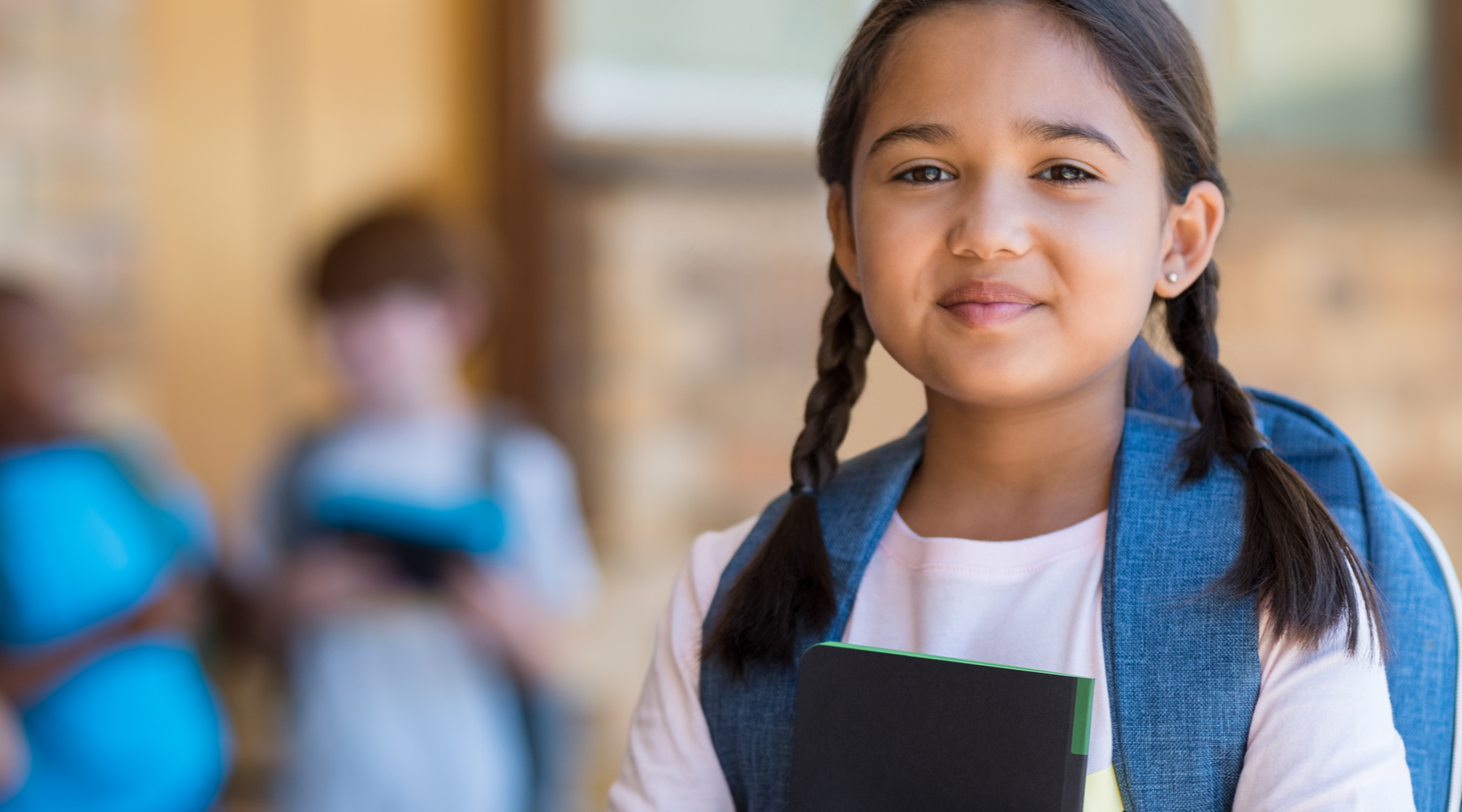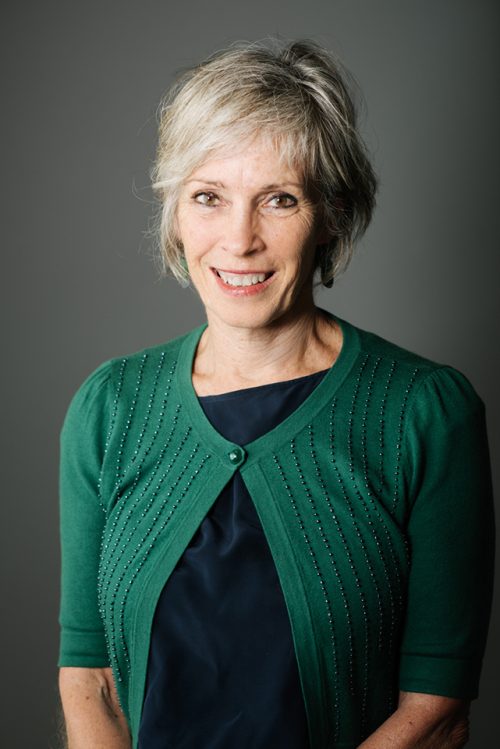
Deborah Trengove shares some ideas about helping your child get a great start to the year and encourages a 'ready for anything' attitude to 2021.
A new year can bring mixed feelings – from excitement to trepidation and anything in between.
Letting go of holidays and getting back into school routines is often tiring as sleep schedules adjust and concentration demands return. No matter what age or stage your child is at, there are many things a parent can do to help their child get off to a good start, paving the way for a year filled with learning, growth, fun and friendship.
Ready for anything
As we start 2021, we can see that routines can change rapidly, almost at a moment’s notice – we are not yet off the Corona Coaster! Some children and parents might be feeling anxious about the possibility of a return to remote schooling and there is no doubt it would present a collective challenge. Yet, we know we can do it. Our young people, families and staff, showed enormous resilience and adaptability throughout 2020. There were struggles indeed but through common purpose and quiet strength, so much was achieved. Be confident in your children, your school and yourselves – with an attitude of optimism and flexibility, we are ready for anything.
Strong routines
We now understand the vital role good sleep habits play in supporting the learning and wellbeing of all students. Tired children and adolescents find it harder to focus and manage their emotions. Research shows that learning is consolidated during sleep and that young people better manage the demands of life when they have enough sleep on a regular basis. A key role of parents is to protect their child’s sleep through managing technology, having a good wind down routine before bed and teaching children balanced sleep habits as they mature. Other key strategies include packing bags the night before school, setting up a time and place for home learning and using checklists for getting ready in the morning – a calm start to the day is a great start!
Getting organised
Books and bags, timetables and tasks; dates and deadlines. Being organised reduces stress, which in turn increases productivity: this is a life skill that enables children to make the most of their opportunities and abilities. But planning and organising are not automatic skills for everyone – many children need explicit teaching, scaffolding and modelling to develop these executive functions and it is time worth investing. Gaining an understanding of what organisational skills are relevant to each age and stage can assist parents in setting some realistic goals with your child. At St Leonard’s College we provide ‘The Guide to a Self-Managing Student’ for each year level, distributed at information evenings and available on our College intranet. Your child’s school may provide similar information specific to these skills to assist you with this process.
Being involved
If we didn’t know beforehand, 2020 showed us how important it is for the wellbeing of young people to be involved in activities beyond the classroom – whether it be sport, music, drama, debating, dance or social action or any of the other possibilities available at the College or in the community. Life without these interests became dull during lockdown, so at the beginning of this new school year, encourage your child to explore opportunities to join something new or reconnect with a something that may have fallen away. Ideally, children are involved in at least one or two areas which enable them to connect with like-minded peers, build self-esteem and discover interests that may become lifelong passions.
Making connections
If your child is new to their school, moving into a larger cohort, or simply with a new class or mentor group, getting to know others is part of developing a sense of belonging. For some children, this may happen on day one, for others it takes longer. Encourage your child to approach others, suggesting practical strategies for joining in, being friendly to new students and building connections out of school to help cement new relationships. If you are concerned that connections are not forming despite trying these or other ideas, contact your child’s class teacher or mentor (depending on the school’s pastoral care approach), to discuss opportunities to further support your child in building these important connections.
Like this post? Please share using the buttons on this page.

About the author
Dr Deborah Trengove is St Leonard’s College Director of Pastoral Care and Senior School Counsellor/ Psychologist.
You might also like her previous article Lessons from Lockdown: The good things we’ve discovered


